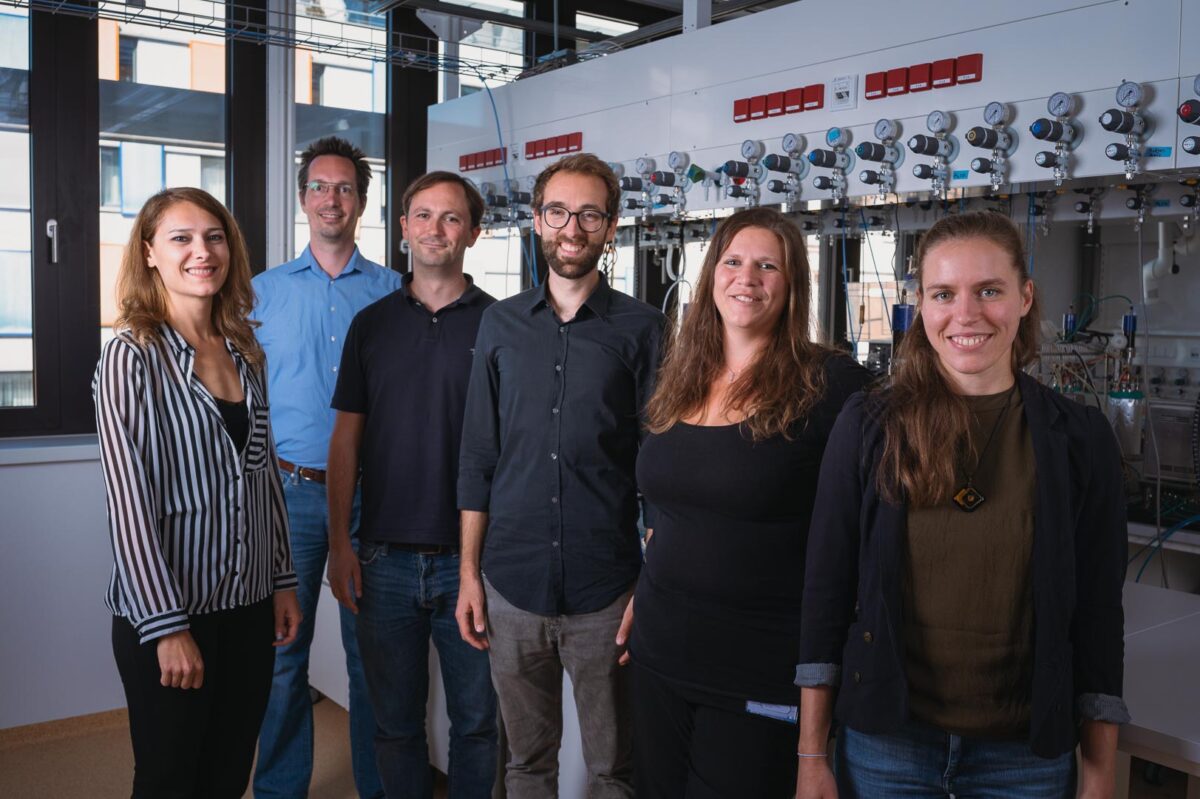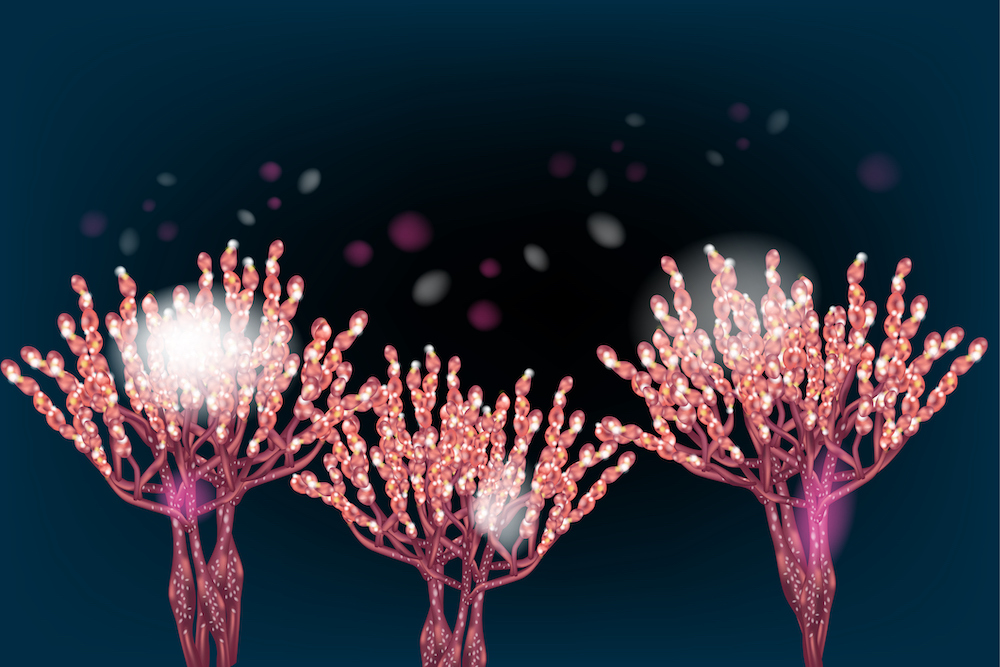Project using carbon dioxide to make sustainable proteins gets DDK 200M funding

A new consortium working to develop sustainable proteins for food from CO2 has secured around DDK 200 million (£23M) in funding from the Novo Nordisk Foundation and Bill & Melinda Gates Foundation.
The consortium will be made up of Danish biotech and chemical engineering companies Novozymes and Topsoe, who will collaborate with Washington University in St. Louis in the US and the Novo Nordisk Foundation CO2 Research Center (CORC) at Aarhus University in Denmark.
“By utilising CO2 for food production without involving agricultural land use, this ambitious consortium addresses two of our biggest global challenges: supplying nutritious food to a growing world population and mitigation of climate change”, Mads Krogsgaard Thomsen, CEO of the Novo Nordisk Foundation, said in a statement. “This has the potential to be the first step towards a novel bioeconomy providing a more sustainable, safe and stable food production, reducing the strain on nature’s resources in multiple ways”.
Working together, the companies and researchers will use biological and electrochemical technologies to turn CO2 into acetate. The acetate will be used instead of sugar during the fermentation process to help create proteins. The consortium says this will free up agricultural areas normally used for producing sugar.
“The possibility to engineer biology to efficiently produce protein for human nutrition from simple raw materials has been around for some time. With this programme, there is a possibility to develop a completely climate-neutral way of transforming CO2 into protein without the use of land, water, and fertilizer. I am excited and proud that we can contribute with technology and knowhow that makes this transformation possible – it holds tremendous potential for having biosolutions solve major world problems,” said Claus Crone Fuglsang, Chief Science Officer in Novozymes.
The project’s goal is to eventually circulate its technologies around the world, making them accessible to countries with low food security – which both foundations say will be ensured by global access agreements with the consortium partners.
“The technologies offer a big potential to provide food security globally, especially in low- and middle- income countries. It is therefore very important that the technologies can be implemented in areas of the world where they can benefit the most at a fair cost. This is ensured with the setup of this consortium,” added Mads Krogsgaard Thomsen.
Several companies are already creating innovative sustainable proteins using CO2. In 2022, Finland’s Solar Foods received novel food approval from Singapore for its protein ingredient made from carbon dioxide and hydrogen – Solein. The company also held its first tasting for the product in the country earlier this year.








